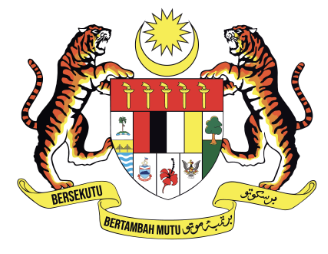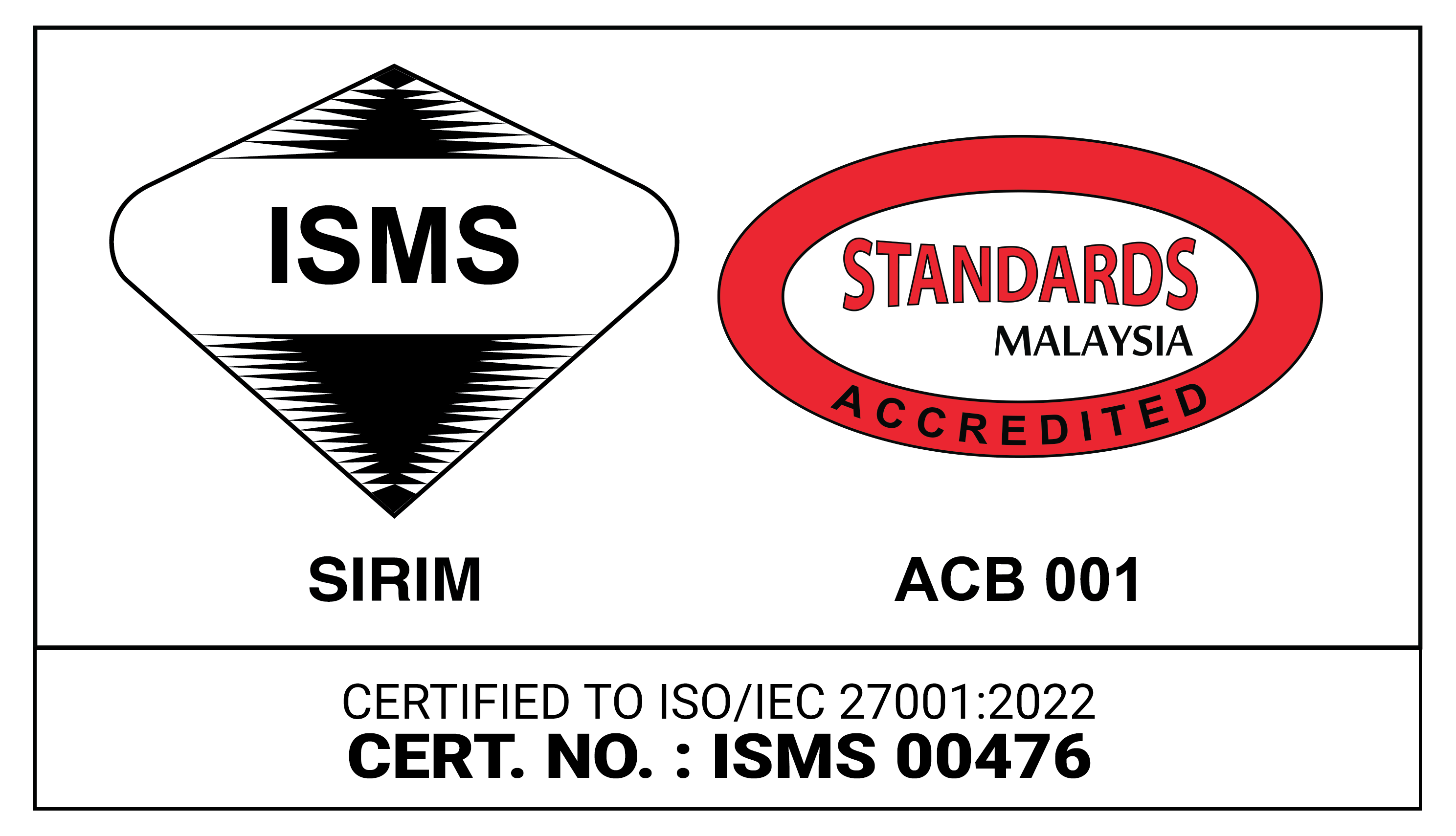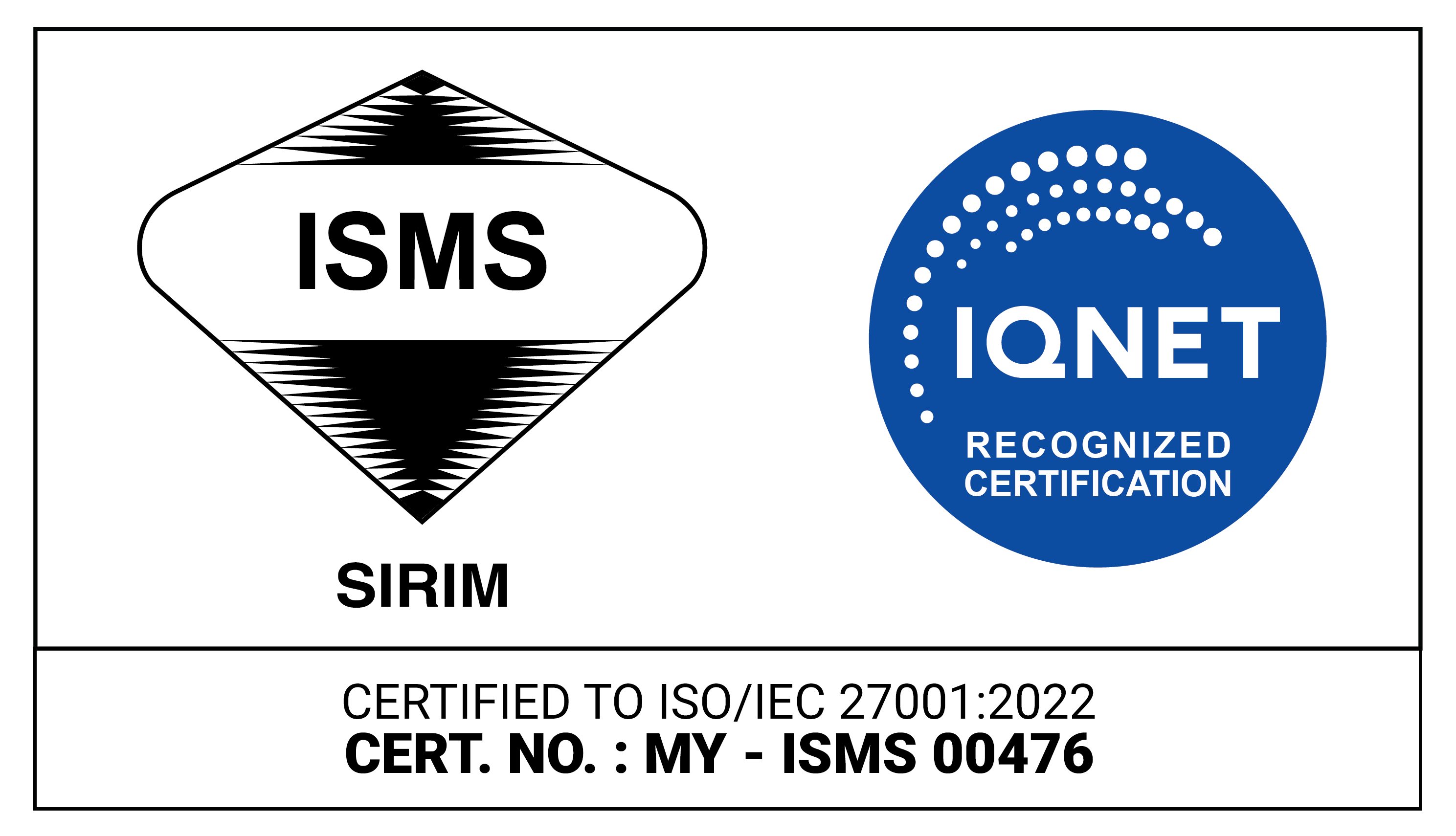
SPEECH 2:
WORKING LUNCH WITH EU CEOs OF PALM OIL INDUSTRIES REPRESENTATIVES
SALUTATION
- E. Airlangga Hartarto, Coordinating Minister for Economic Affairs, the Republic of Indonesia
- YB Datuk Haji Len Talif Salleh, Deputy Minister Urban Planning, Land Administration and Environment, Sarawak, Malaysia
- Dato’ Haji Mad Zaidi Bin Mohd Karli, Secretary General, Ministry of Plantation and Commodities, Malaysia
- Dr. Musdhalifah Machmud, Deputy Minister for Food and Agribusiness, Coordinating Ministry for Economic Affairs, the Republic of Indonesia
- E. Dato’ Ahmad Rozian Abd. Ghani, Ambassador of Malaysia to Belgium, Luxembourg, and the European Union
- E Dr. Andri Hadi, Ambassador of the Republic of Indonesia to the Kingdom of Belgium
- E. Arif Havas Oegroseno, Ambassador of the Republic of Indonesia to the Federal Republic of Germany.
- HE Mr. Ambassador Muhsin Syihab, Senior Advisor to the Minister on Inter-institutional Relations/Acting Senior Advisor to the Minister on Economic Diplomacy, Ministry of Foreign Affairs of the Republic of Indonesia
- Eddy Abdurrachman Usman, President Director, Palm Oil Plantation Fund Management Agency (BPDPKS)
- Mohamad Helmy Othman Basha, Chairman of Malaysian Palm Oil Board
- Dato’ Carl Bek-Nielsen, Chairman of Malaysian Palm Oil Council
- Viviane de Pierrefeu, Chargée d'Affaires a.i., Embassy of Honduras in Brussels
- Dr Rizal Affandi Lukman, Secretary General, CPOPC
- Datuk Nageeb Wahab, Deputy Secretary General, CPOPC
- I would like to welcome the attendees, thank you for taking your time off and spending lunch hour here. Your presence and support reflects the strong commitment towards a sustainable and responsible business practices / sustainability journey of the palm oil industry.
- The EU has always been an important market for palm oil. In 2022, the EU imports 1.47 million tonnes of palm oil. The EU is also at the forefront in championing the sustainable palm oil agenda. According to a September 2022 report titled “Sustainable Palm Oil: Europe’s Business”, the EU is by far the largest consumer of CSPO and accounts for 45% of total global CSPO use. This also places Europe as an important partner in stimulating the demand for sustainable palm oil in other nations.
- However, there are growing concerns in the EU on the sustainability of agriculture commodities and their impact on climate change, environment, and biodiversity. This is reflected in recent developments, where a number of impending sustainability-related legislations undermines all the sustainability achievements and progress in the palm oil industry.
- Under the EU Renewable Energy Directive III (EU RED III), palm oil is still singled out as the only biofuel feedstock, according to the EU regulators, as having a high indirect land-use change (ILUC) risk, and therefore it will be phased-out for the purpose of being counted towards the EU’s renewable energy target by 2030.
- In addition, the proposed Corporate Sustainability Due Diligence Directive, as well as the Regulation Prohibiting Products Made with Forced Labour are also potential trade barriers and burden to operators along the supply chain, especially smallholders.
- Similarly, the proposed Green Claims Directive compelling companies to provide scientific evidence for their green labels. This regulation on generic and unsubstantiated environmental claims could be an important ground to challenge ‘palm oil-free’ and ‘no palm oil’ claims made on products placed on the EU market and that imply that the ingredient used as a replacement to palm oil has less of a negative impact on the environment.
- These above-mentioned proposed legislations are often unilateral actions by the EU without taking into consideration the challenges and constraints of the producing countries, which are mostly developing countries, in meeting the requirements.
- The EU stakeholders should acknowledge the limitations by producing countries, continuously provide support in meeting the requirements as well as working together towards providing feasible solutions for a win-win situation.
- In my capacity as the Deputy Prime Minister and the Minister of Plantation & Commodities, I will take serious attention to the issues raised and discussed by the stakeholders throughout my visit. I am also keen to hear suggestions and solutions that could elevate the palm oil industry to greater heights. As a responsible producer and exporter of palm oil, we are committed to working with our international partners especially here in the EU, to foster a positive image of the industry and promote its benefits for all.
- We reiterate that Malaysian palm oil is sustainable. The Malaysian Sustainable Palm Oil (MSPO) already guarantees Malaysia’s commitment to sustainability, and continues to provide sustainable and deforestation-free palm oil to our European and global customers.
- MSPO is constantly evolving and improving. Major revisions in 2022 introduced more stringent standards, including:
- A cut-off date of 31 December 2019 for deforestation which meets the EUDR’s cut-off date
- Identification of greenhouse gas emissions and monitoring plans for GHG reduction
- Introduction of new guidance on free, prior and informed consent (FPIC)
- Safeguarding of human rights defenders and whistleblowers
- The Malaysian government is also committed to the key policies relating to sustainable palm oil, these include:
- Stopping planting on peatland areas and strengthening regulations on existing oil palm cultivation on peat land,
- Banning the conversion of forest reserve areas for oil palm cultivation, and
- Pledging to make oil palm plantation maps available for public access.
- At the COP 26 in Glasgow, Malaysia announced a target to achieve net zero earliest by 2050. Malaysia also keeps its promise to maintain at least 50% forest cover as pledged during the Rio Earth Summit 1992. Currently, Malaysia’s forest cover is at 55.3%.
- The palm oil industry has demonstrated commitment to climate action. According to Forest 500 analysis by Global Canopy, 72% of palm oil companies have made a deforestation commitment, which is significantly higher as compared to other commodities such as pulp and paper (49%), soy (40%), beef (30%) and leather (28%).
- However, we need the full support of all parties throughout the palm oil supply chain in order to realise our shared goals of striking a sustainable balance between the environment and socio-economic needs, as well as upholding the highest standards of sustainability and responsible practices.
- Together, we can ensure that palm oil remains the commodity of choice in the promotion of sustainable production and consumption. We have definitely come a long way and we are committed to continuing this journey with you.
- Thank you.








